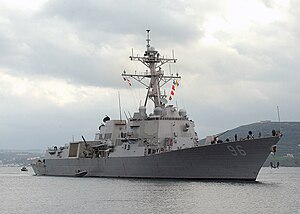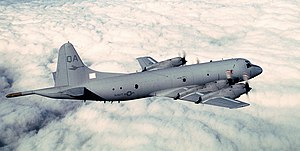I guess I just completely misinterpreted your post.
You're right about international law. The only thing I'd add is that, per my 5-yr. old memory of admiralty, the vessel is subject to the laws/treaties of the nation by which it is flagged. For instance, if there's a murder on board a Greek-flagged vessel while in int'l waters, the crime is tried under Greek law. Or, if the U.S. has entered into a treaty saying "we won't disturb military shipwrecks," a U.S.-flagged vessel is subject to that, even in int'l waters.
But, there are also things considered to be against "international law," despite the fact that international law isn't necessarily written. But, the only way to enforce international law and its concepts is to haul you before an international court, which at this point in history, is a big deal on the scale of WWII tribunals.
But, international law is a mess, and no one can really say they understand how it works, because it hasn't developed to the point where it has any set way of working - it's kind of an ad hoc thing at this point. Way more advanced than it was even 50 years ago (and that may not be a good thing), but it's still an absolute mess.







